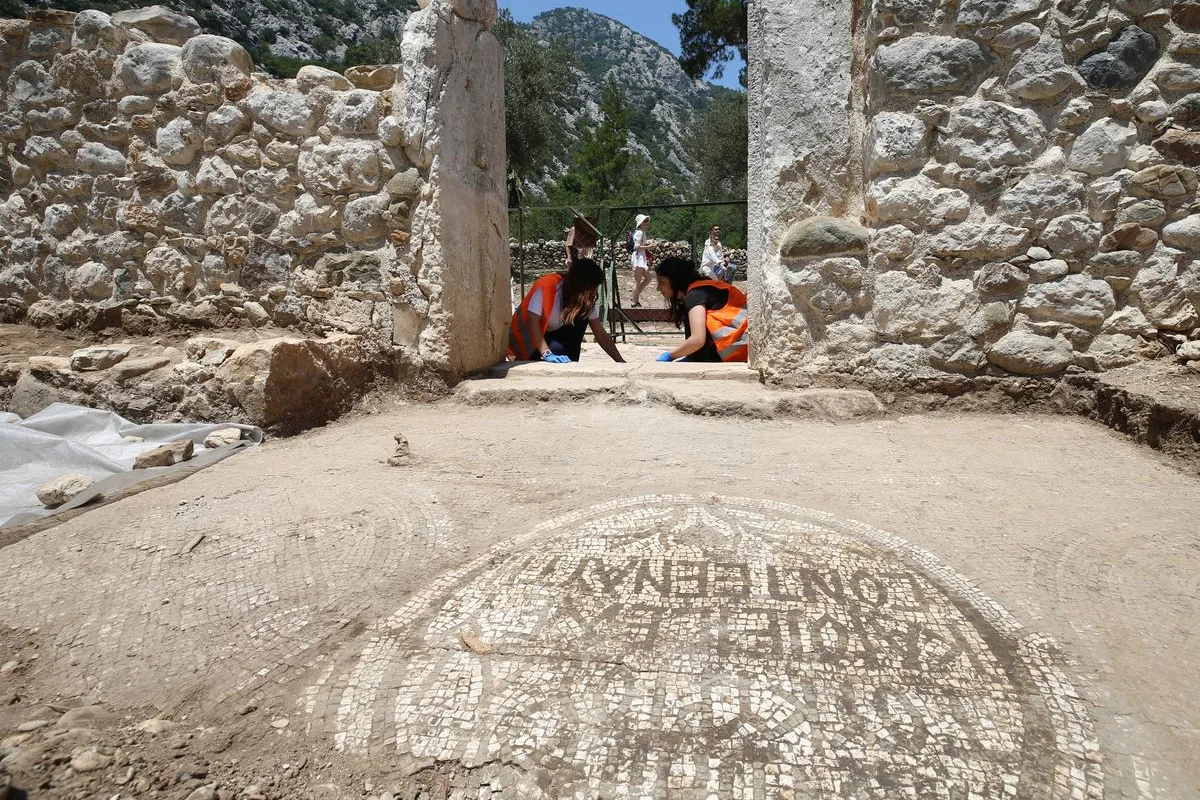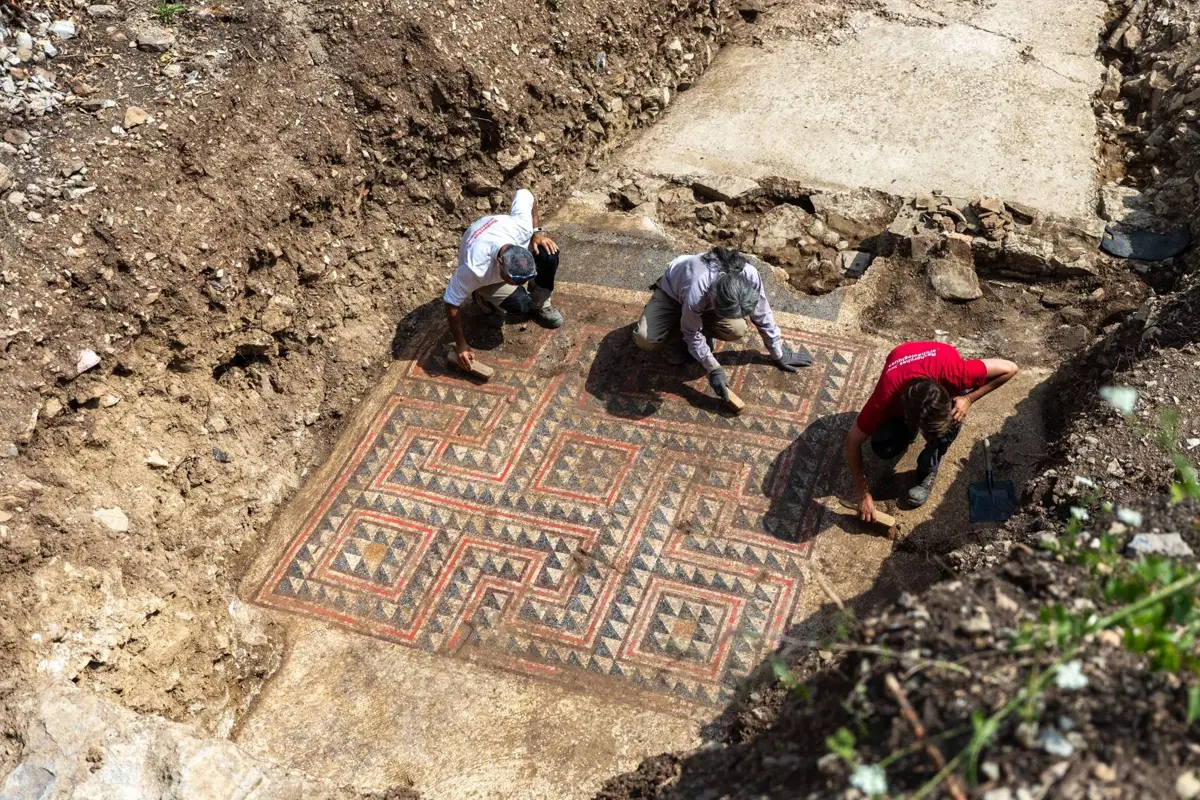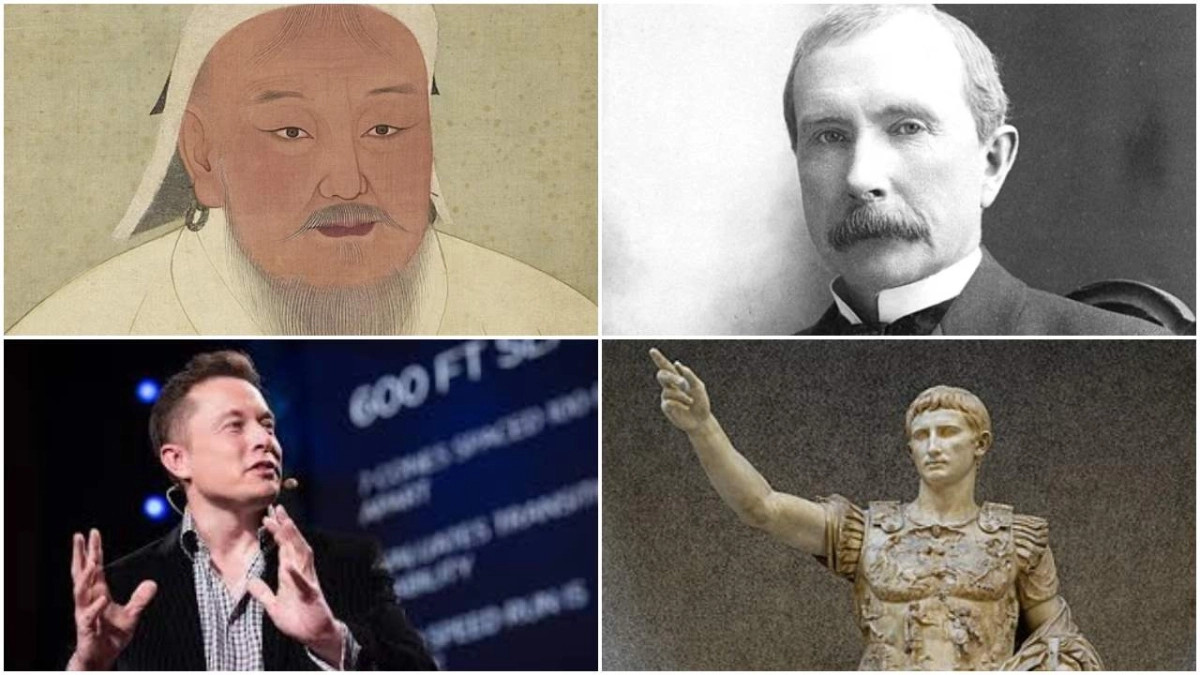In the land of pyramids and timeless sand dunes, where the Nile flows like a life-giving artery, the Pharaohs once held sway with absolute authority. From the Old Kingdom's founding around 2700 BC to the reign of Cleopatra VII Thea Philopator, the last pharaoh, in the dawn of the first century BC, these divine sovereigns ruled with an iron fist cloaked in gold. But behind the grandeur of the pyramids and the allure of golden sarcophagi, lay a darker reality.
Pharaohs were not just rulers; they were considered living gods, the embodiment of Horus, and this divine status often led to a disturbing abuse of power. Many practiced inbreeding, marrying their siblings to keep the bloodline pure and the power within the family. Rituals of death were equally as haunting, with human sacrifices offered to appease the gods, ensure the Pharaoh's safe journey into the afterlife, or even to serve him in death.
And then, there were the harems. Not just a collection of wives, concubines, and female attendants for the pharaoh's pleasure, but a powerful institution in itself, sometimes even a political battleground, where women could exert influence and vie for power.
One of the most infamous pharaohs, Akhenaten, upended the entire Egyptian religious system, inciting chaos and confusion. Yet, in all their actions, they were guided by a belief best summed up by the Greek philosopher Heraclitus: "Character is destiny." Their decisions, however shocking they might seem to us today, were consistent with their divine character and the destiny they believed it promised.






